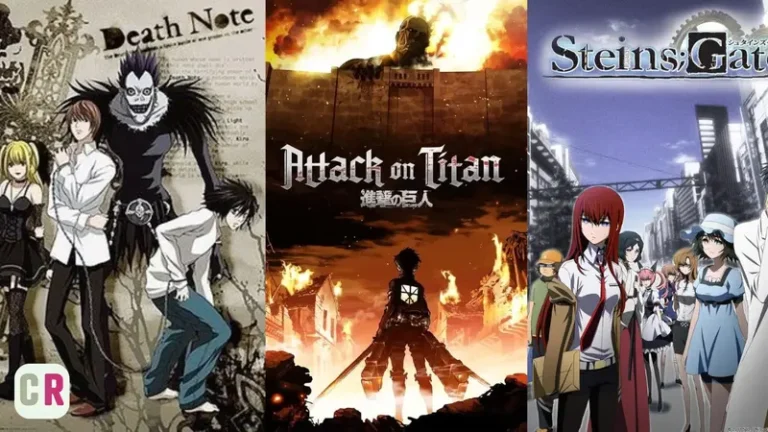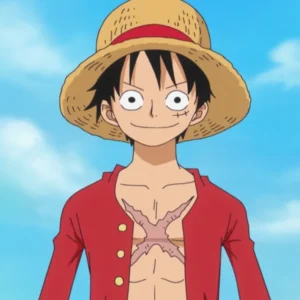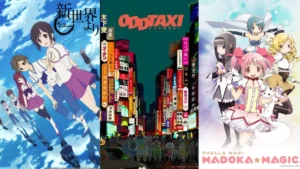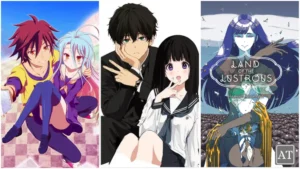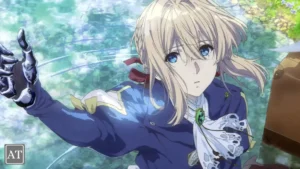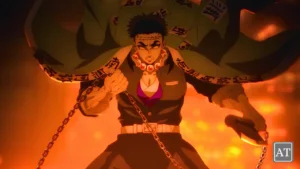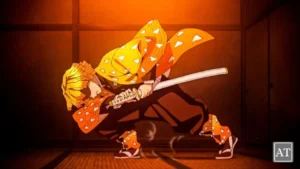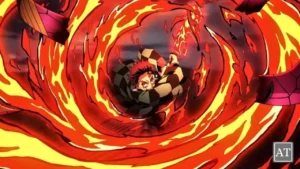Anime has exploded in popularity over the past decade, transcending cultural boundaries and capturing the hearts of millions worldwide. From action-packed thrillers to emotionally driven dramas, there’s an anime out there for every taste.
But what exactly makes an anime truly “mind-blowing”? Is it an intricate plot that keeps you guessing, jaw-dropping animation that paints each scene like a masterpiece, or characters so deep you feel like they could walk off-screen? The answer is: all of the above.
In this article, we’ll count down ten sensational anime series that challenge your perceptions, tug at your emotions, and linger in your thoughts long after the credits roll. Buckle up and get ready for a deep dive into the world of anime brilliance—these shows are absolute game-changers.
1. Death Note
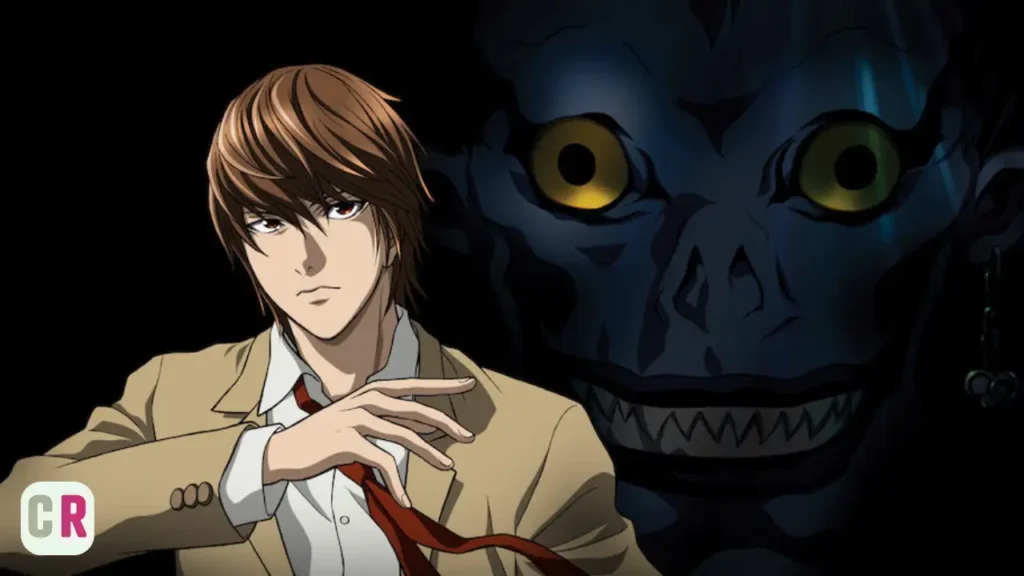
Imagine finding a notebook that lets you kill anyone by writing their name and picturing their face. Sounds like a supernatural fantasy, right? For Light Yagami, a brilliant but bored high schooler, stumbling upon the Death Note turns his life upside down.
Fueled by a god complex, he vows to use this power to rid the world of evil, adopting the moniker “Kira.” But things spiral out of control when the enigmatic detective known only as L vows to catch him. What follows is a cat-and-mouse game so intense, you’ll hold your breath until the very last second.
Central Themes and Philosophical Questions
Morality and Justice
Have you ever wondered how far you’d go to enact your version of justice? Death Note forces you to wrestle with ethically gray areas. Is Light a hero bringing peace or a tyrant committing atrocities? There’s no easy answer, and that moral ambiguity is part of the anime’s magnetism.
The Intellectual Duel: Light vs. L
Picture a chess game where every move could mean life or death. Light and L’s battles of wits are so gripping, they feel like a high-stakes thriller novel. Each tries to outsmart the other—no explosions, no flashy powers, just raw intellect. This cerebral rivalry keeps viewers glued, pulse pounding, wondering who will make the fatal error.
Why It Earns a Spot on This List
Death Note redefined psychological anime with razor-sharp dialogue and polished animation. It isn’t just a show about a magical notebook—it’s a meditation on power, the human psyche, and the slippery slope between righteousness and tyranny.
If you want an anime that’ll keep you debating ethical dilemmas long after you finish, this is it.
2. Attack on Titan
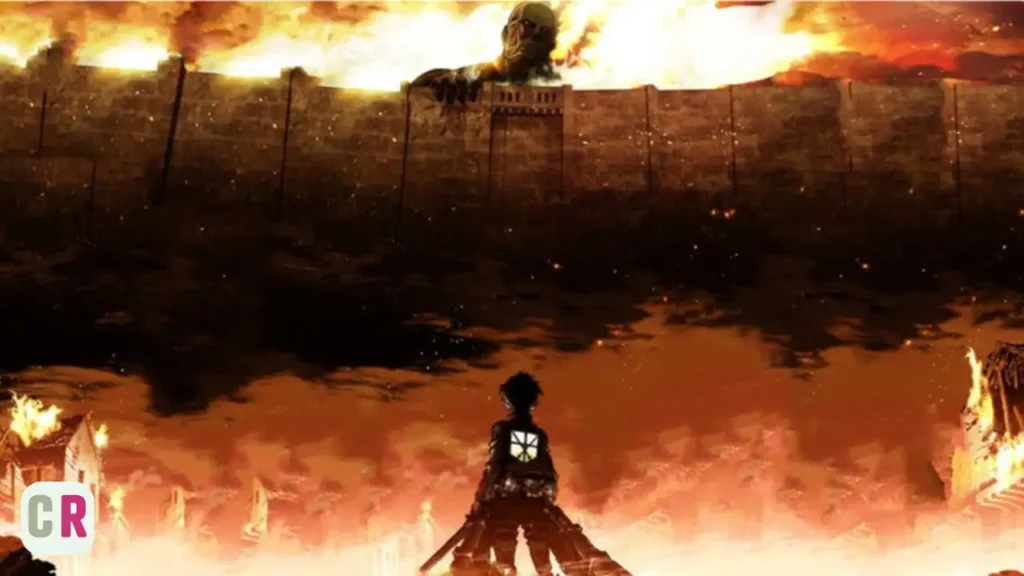
In a dystopian world where humanity is on the brink of extinction, towering man-eating Titans roam free, devouring people without mercy. The last vestiges of civilization hide behind enormous stone walls.
When the Colossal Titan shatters the outer defenses, Eren Yeager, his adoptive sister Mikasa, and their friend Armin vow revenge on the Titans. But as they venture beyond the walls, they uncover shocking secrets that threaten to erase everything they thought they knew.
World-Building and Story Scope
The Walls and Humanity’s Fragile Safety
Imagine living your entire life behind impenetrable walls, believing the outside world is a myth. That’s the haunting premise of Attack on Titan. The colossal barriers that once symbolized protection quickly become symbols of fear and isolation. When those walls crumble, civilization’s collapse becomes a horrifying reality.
Plot Twists That Keep You Guessing
Just when you think you’ve figured out who’s friend or foe, everything flips on its head. Eren’s mysterious abilities, the true origin of the Titans, and the hidden history of Marley all unravel slowly, like peeling back layers of an onion—each revelation stings and leaves you craving more.
Key Themes: Freedom, Survival, and Sacrifice
What would you do to reclaim your freedom—even if it meant sacrificing your loved ones? Attack on Titan is a brutal exploration of survival at any cost.
The characters’ moral compasses are tested as they face insurgencies, internal conspiracies, and the monstrous reality of their own kin. It’s epic in scope and emotionally raw, making it impossible to look away.
3. Steins;Gate
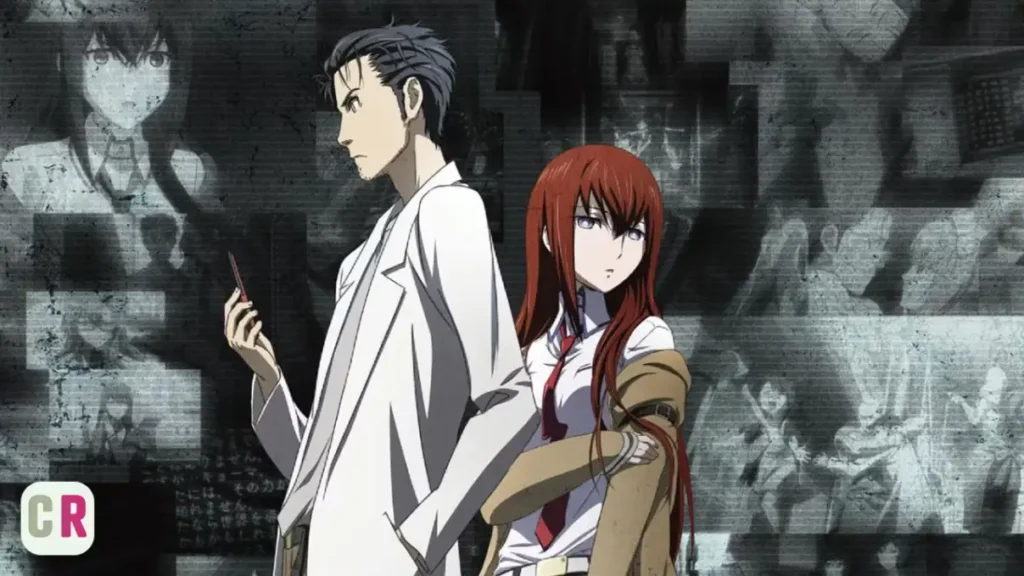
Rintarou Okabe, a self-proclaimed mad scientist, runs a small “Future Gadget Laboratory” in Akihabara. One day, a seemingly innocuous phone call to his microwave turns out to be a message from the future.
As Okabe and his friends delve deeper into time-travel mechanics, they learn that altering the past has catastrophic consequences. With each experiment, timelines branch and teeth-gnashing decisions rear their head.
The Mechanics of Time Travel
The Butterfly Effect in Action
Have you ever sent a text message and immediately regretted it? Now imagine sending a message to the year 2036 by accident. That’s Steins;Gate for you. Every attempt to fix one catastrophic event only spawns even more disaster.
The tightrope of cause and effect is so precarious, you’ll second-guess every decision right alongside the characters.
Emotional Stakes and Character Growth
Time travel can be fun in theory, but in Steins;Gate, it’s downright brutal. Every change amplifies the emotional turmoil. Watching Okabe wrestle with the guilt of his actions—knowing lives hang in the balance—makes for a rollercoaster of empathy.
Mayuri’s fate, in particular, will crush you; expect more than a few tears.
Why Steins;Gate Resonates with Sci-Fi Fans
Unlike many sci-fi tales that dive headlong into flashy tech, Steins;Gate is a character-driven masterpiece. It’s slow to reveal its full scope, but when it clicks, it’s a tapestry of suspense, sorrow, and hope. If you relish narratives that challenge your concept of timeline and consequence, this anime is a must.
4. Fullmetal Alchemist: Brotherhood
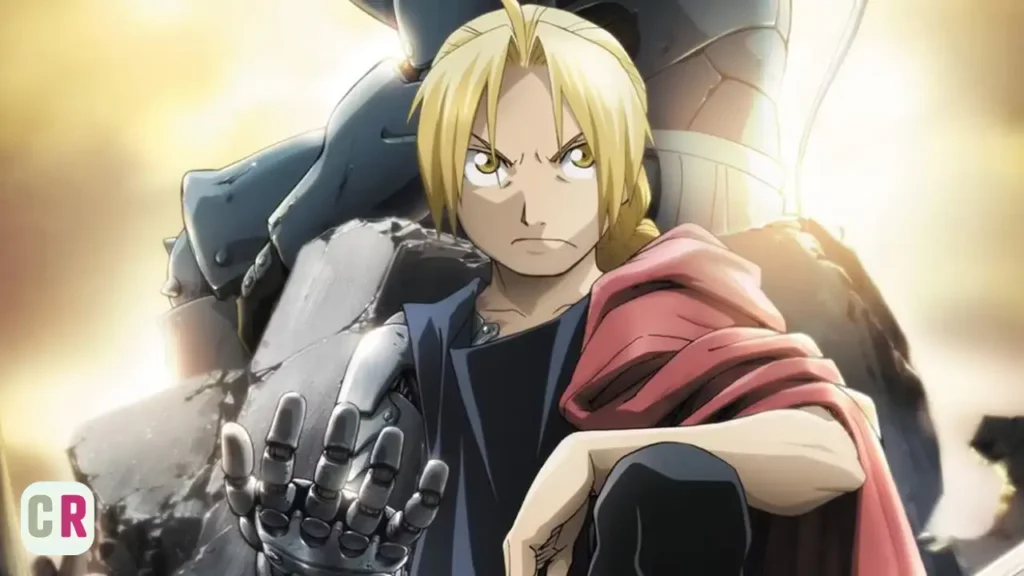
Edward and Alphonse Elric paid a horrendous price for trying to resurrect their mother using forbidden alchemy: Ed lost an arm and a leg, and Al’s entire body vanished, his soul affixed to a massive suit of armor.
Determined to regain what they lost, the brothers become State Alchemists, diving headfirst into dark conspiracies, the elusive Philosopher’s Stone, and the very nature of human transmutation.
World-Building and Alchemy Rules
Equivalent Exchange: The Golden Rule
“Humanity itself is a chimera.” It’s a mantra etched into every episode. In this world, alchemy follows the ironclad rule that you must give something of equal value to gain something.
The Elric brothers’ journey is a continuous lesson in that principle—physically, emotionally, and morally. Want to create gold? Better be ready to sacrifice something priceless.
State Alchemists and Political Intrigue
Becoming a State Alchemist feels glamorous until you realize you’re a government tool. As Ed climbs the ranks, he uncovers a corrupt system that bends science, politics, and morality into dangerous shapes. Think “X-Files meets medieval fantasy.” It’s a blend of courtroom drama, battlefield heroics, and clandestine government secrets.
Themes of Brotherhood, Loss, and Redemption
What’s more powerful than an unstoppable fusion of lead and fire? The bond between the Elric brothers. Fullmetal Alchemist: Brotherhood delves deep into family, grief, and the lengths one will go to rectify past mistakes.
There are moments so heartfelt that, even amid epic battles and alchemical explosions, you’ll feel the sting of genuine sorrow and the warmth of hope.
5. Code Geass
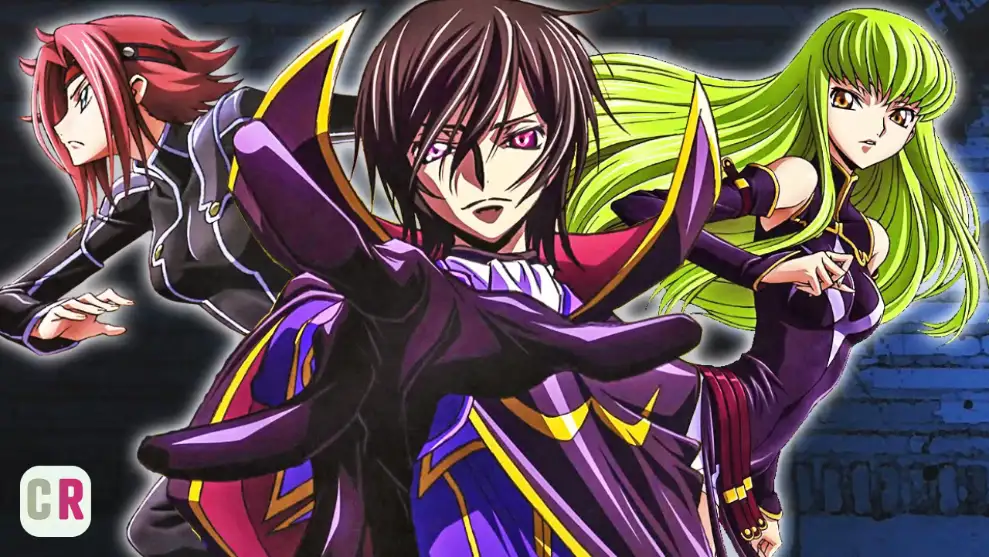
In an alternate timeline where the Holy Britannian Empire has conquered Japan (renaming it Area 11), young exiled prince Lelouch vi Britannia stumbles upon a girl named C.C. and is granted a supernatural power called “Geass,” which forces people to obey any command.
Armed with this world-altering ability, Lelouch becomes the masked vigilante Zero, waging war against Britannia to avenge his mother’s death and create a better world for his sister.
Geass Power and the Strategy Element
Lelouch’s Tactical Brilliance
Picture a grandmaster in a deadly chess match, except the stakes are entire nations. Lelouch’s genius in orchestrating complex plans—simultaneously battling rival factions, navigating family betrayals, and keeping his identity secret—is as enthralling as it is nerve-wracking. Each victory comes at a gut-wrenching cost, and you’ll find yourself yelling at the screen: “No, Lelouch, don’t do that!”
Political and Ethical Dilemmas
With the power to command mortals, Lelouch skirts the edge of godhood, forcing viewers to ask: is absolute power ever justifiable? The series delves into topics like colonialism, rebellion, and moral ambiguity. You’ll grapple with whether Lelouch’s tyrannical methods serve his righteous goals or become an unforgivable tyranny of their own.
The Unforgettable Climactic Finale
Without spoiling the final episodes, know this: Code Geass builds to an ending that is simultaneously heroic, tragic, and deeply cathartic. You’ll either stand, applauding in awe, or slump, emotionally drained—sometimes both. Few anime finales achieve such a seamless blend of spectacle and raw emotion.
6. Demon Slayer: Kimetsu no Yaiba
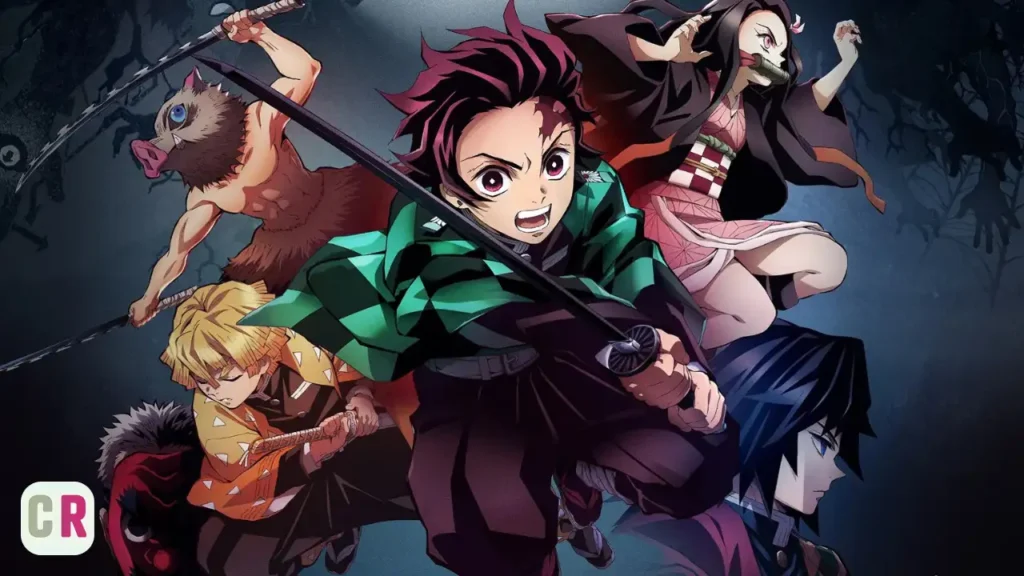
After demons slaughter his family and turn his sister Nezuko into one of the creatures he despises, young Tanjiro Kamado becomes a demon slayer to avenge his loved ones and, if possible, restore Nezuko’s humanity.
Joined by a colorful cast of fellow slayers, Tanjiro battles monsters, unearths ancient secrets, and discovers the true meaning of resilience and compassion.
Visual Mastery: Animation & Fight Choreography
Ufotable’s Breathtaking Art Style
Imagine watercolor paintings springing to life—icicles sparkling mid-air, fire dances with a life of its own, and sword strikes send shockwaves that ripple through your TV.
Studio Ufotable’s animation is so crisp and fluid that every battle scene feels like watching a live concert of blades and elemental powers. The sheer beauty makes each episode a feast for the eyes.
Emotional Resonance: Tanjiro and Nezuko’s Bond
At its core, Demon Slayer isn’t just about flashy fights; it’s a heartfelt story of brotherly love. Even when Nezuko can’t speak, her changing expressions—her fierce protective glare, her tears—convey volumes.
Tanjiro’s unwavering devotion to his sister grounds the series in emotional truth, making each victory and loss land like a punch to the gut.
Themes of Hope, Family, and Sacrifice
Amid the gore and demons, the show brims with optimism. Tanjiro’s mantra—“You must never give up, no matter how strong the enemy”—resonates beyond the screen.
Demons in this world aren’t pure evil; they were once humans with tragic backstories. That nuanced portrayal adds layers of empathy and tragedy to every encounter.
7. Psycho-Pass
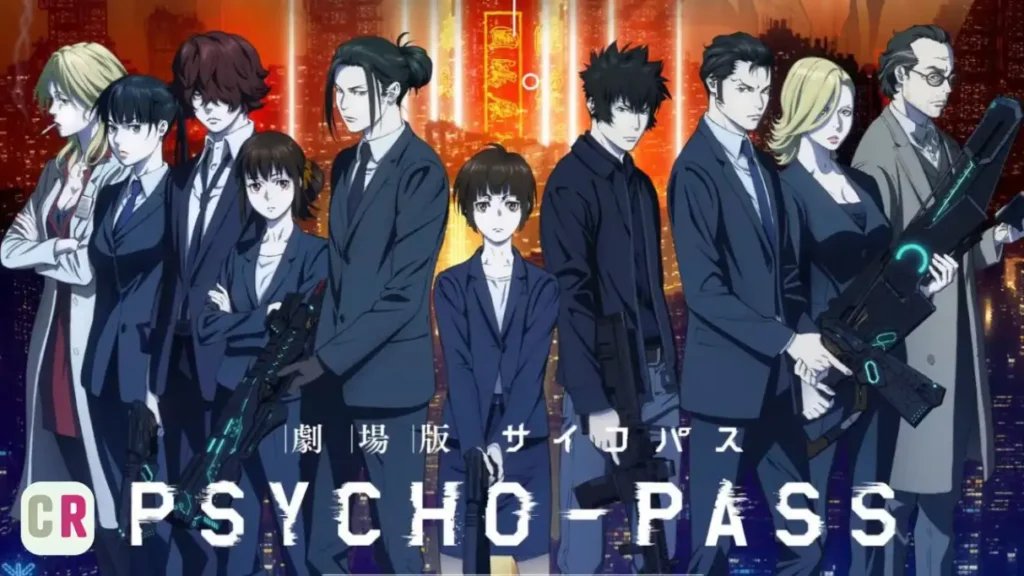
In a dystopian near-future, the Sibyl System—a vast network of unevaluated human minds—determines each citizen’s “Crime Coefficient.” If your score rises too high, law enforcement hunts you down before you ever commit a crime.
Enter rookie inspector Akane Tsunemori, whose ideals clash with a world where preemptive justice reigns supreme. Alongside enforcer Shinya Kogami, she uncovers dark truths about the Sibyl System and the blurry line between order and oppression.
The Dark Future: Sibyl System & Crime Coefficients
Ethical Implications of Pre-Crime Policing
Think of Minority Report but with an AI that judges you without scrutiny or nuance. If you feel a fleeting dark thought, the system flags you.
Psycho-Pass confronts questions like: Is depriving someone of freedom for crimes they haven’t committed a moral atrocity or necessary evil? The tension between public safety and human rights crackles in every episode.
Character Study: Akane Tsunemori vs. Shinya Kogami
When faced with a system that labels humans as criminals before they act, how do you retain your morality? Akane’s unwavering optimism and belief in due process stand in stark contrast to Kogami’s jaded pragmatism. Their dynamic—mentor vs. protégé, idealist vs. realist—elevates every investigation into a philosophical battleground.
Philosophical Depth and Social Commentary
Psycho-Pass doesn’t just give you futuristic thrills; it’s a mirror reflecting our society’s dependence on data and algorithms. Who decides what constitutes a “crime-worthy” thought? The answers are rarely comfortable. If you enjoy cerebral narratives that challenge your worldview, this dark, atmospheric thriller is tailor-made for you.
8. Hunter x Hunter (2011)
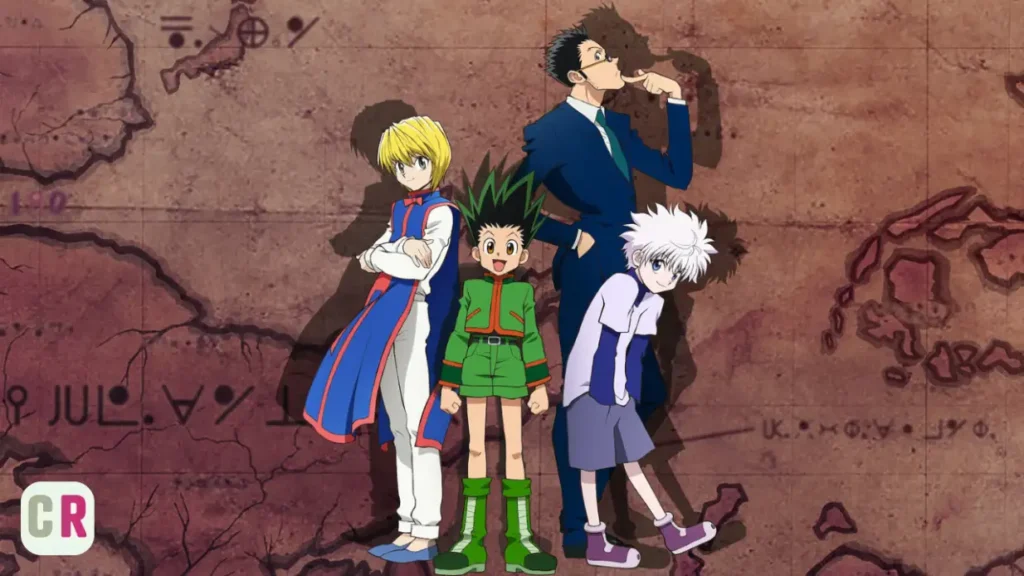
When twelve-year-old Gon Freecss learns his father—whom he was told was dead—is actually a world-renowned Hunter, he sets his eyes on passing the rigorous Hunter Exam.
Hunters are licensed professionals who track down lost treasures, secret beasts, or even legendary individuals. Alongside friends Killua, Kurapika, and Leorio, Gon embarks on a journey that becomes far more than a simple search for a parent.
Unique Power System: Nen Explained
Enhancer, Emitter, Conjurer, and More
Nen is the golden ticket to unlocking one’s potential. It’s not a generic “energy blast” system—you must hone your personality traits to discover your Nen type. Are you physically strong? You might be an Enhancer. More cerebral? Perhaps a Conjurer. This layered approach to powers means battles aren’t just about raw strength—they require strategy, self-awareness, and sometimes a bit of trickery.
Phantom Troupe vs. Hunter Association
Few arcs in anime rival the Chimera Ant saga in sheer emotional impact. The Phantom Troupe—an elusive band of criminals—is fascinating in its moral ambiguity.
You might find yourself sympathizing with some members even as they commit horrific acts. Later, the Chimera Ant arc pushes every character to their breaking point, forcing viewers to question what it means to be human.
The Chimera Ant Arc: Psychological Complexity
Imagine a villain who evolves from innocent curiosity into an existential threat to humanity—and does so while exhibiting moments of genuine empathy.
Meruem, the Chimera Ant King, challenges protagonists and viewers alike on concepts of power, intelligence, and compassion. By the end of this arc, you’ll be left pondering life’s grandest questions.
9. Neon Genesis Evangelion
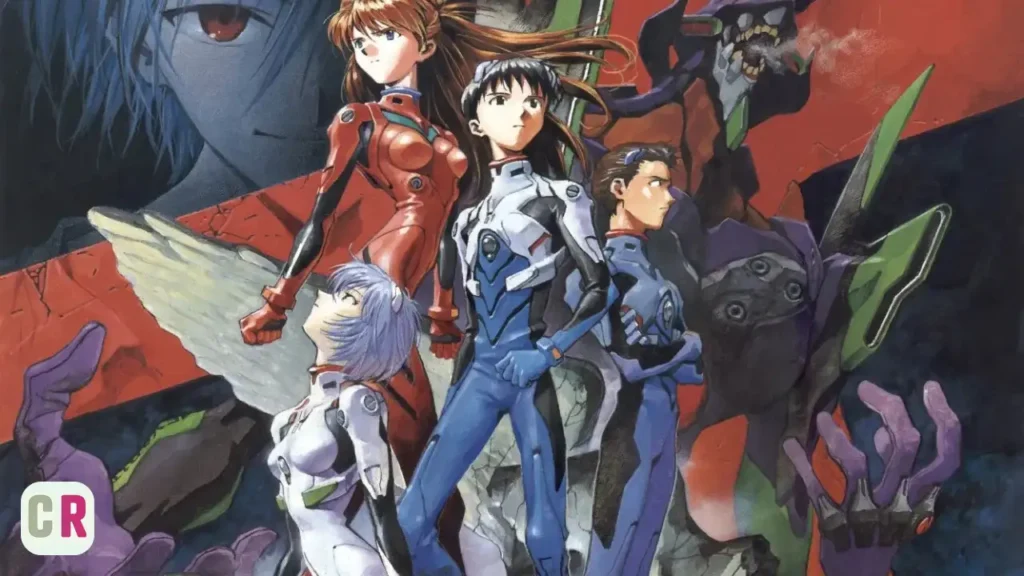
Humanity’s last hope against monstrous beings called Angels lies with the EVAs—gigantic biomechanical robots piloted by emotionally fragile teenagers.
Shinji Ikari, the reluctant protagonist, must pilot Eva Unit-01 under the watchful eye of his distant father, Gendo. As each Angel attack intensifies, so does Shinji’s internal struggle with identity, purpose, and the weight of expectation.
Psychological and Existential Undertones
Shinji Ikari’s Trauma and Growth
Shinji isn’t your typical hot-blooded hero. He’s introverted, riddled with self-doubt, and terrified of abandonment. The series delves into his deepest fears, often using surrealist imagery and dream sequences to visualize his psyche.
Watching Shinji navigate grief, loneliness, and the desperate need for acceptance feels like stepping into a mirror reflecting your own vulnerabilities.
Symbolism: Angels, Evas, and Human Psyche
Angels aren’t just alien invaders—they’re metaphors for personal demons. The Evangelions themselves represent the blurred boundary between human and machine, prompting questions like: If you have a soul, what defines your humanity? Layered with religious symbolism (crosses, the Spear of Longinus) and Freudian undertones, Evangelion remains a dense, enigmatic tapestry that rewards multiple viewings.
How Evangelion Redefined the Mecha Genre
Before Evangelion, giant robots were often about flashy battles and black-and-white heroics. Neon Genesis flipped the script, making psychological trauma and moral ambiguity the centerpiece.
The groundbreaking animation, combined with depth rarely seen in mecha anime, influenced countless series that followed. It’s raw, uncomfortable, and unapologetically introspective—a cinematic experience that will haunt you.
10. Jujutsu Kaisen
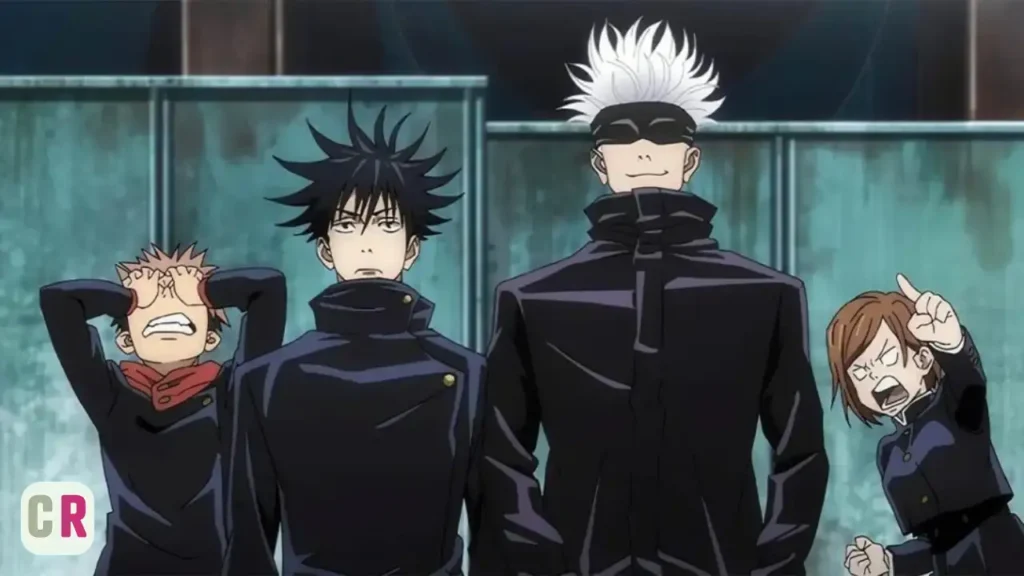
Yuji Itadori is an ordinary high schooler with extraordinary physical prowess—until he unwittingly swallows a cursed object to save his friends.
Now housing Sukuna, a fearsome curse spirit, Yuji becomes a first-year student at Tokyo Metropolitan Magic Technical College under the guidance of the enigmatic Satoru Gojo. Together, they confront malevolent curses that threaten humanity.
Sorcery and Cursed Techniques
The Concept of Curses and Reverse Curses
In this world, negative human emotions manifest as curses—monsters that feed on despair and hatred. Sorcerers combat these entities using cursed energy, a life force drawn from innate emotions.
Some curses can only be destroyed by reverse curses—essentially sending positive energy back to them. It’s a system that feels both brutal and poetic, reflecting the duality of human nature.
Dynamic Battles: Gojo Satoru’s Domain Expansion
Imagine a fight scene where space itself bends to the will of the sorcerer. Gojo’s Domain Expansion “Unlimited Void” suspends opponents in a realm where infinite information floods the mind—paralyzing them instantly.
This level of creativity in combat choreography sets Jujutsu Kaisen miles apart from its peers, making every clash feel fresh and unpredictable.
Why Jujutsu Kaisen Feels Like a Modern Classic
Between its witty dialogue, relatable protagonists, and visceral battles, Jujutsu Kaisen strikes a perfect balance. The show doesn’t shy away from dark themes—death, sacrifice, and existential dread weave through the narrative—but it pairs them with moments of levity and camaraderie. If you want an anime that embodies the best of modern storytelling, this is your ticket.
Final Thoughts
Anime is more than just animated entertainment; it’s a conduit for complex storytelling, vivid world-building, and emotional exploration. The ten series above represent the pinnacle of what anime can achieve—stories that grab you by the heart, twist your mind like a Möbius strip, and leave an indelible mark on your imagination. Whether you’re drawn to psychological thrillers, epic battles, or character-driven dramas, this list has something to blow your mind.
So, where should you begin? If you crave an intense psychological duel, start with Death Note. For sweeping epics and jaw-dropping plot twists, dive into Attack on Titan or Fullmetal Alchemist: Brotherhood.
For fresh, modern magic, Jujutsu Kaisen will not disappoint. No matter which anime you pick first, you’re in for a wild ride. Remember, the joy of anime lies in discovering new worlds—so let your curiosity guide you, and prepare to be amazed.
FAQs
1. What anime should I start with as a complete beginner?
If you’re new to anime, both Fullmetal Alchemist: Brotherhood and Demon Slayer: Kimetsu no Yaiba are excellent entry points. They blend accessible storylines with emotional depth, offering memorable characters and breathtaking animation without overwhelming complexity.
2. Where can I stream these mind-blowing anime series?
Most of the titles on this list—Death Note, Attack on Titan, Steins;Gate, Code Geass, Demon Slayer, Psycho-Pass, Hunter x Hunter (2011), Neon Genesis Evangelion, and Jujutsu Kaisen—are available on major streaming platforms such as Crunchyroll, Netflix, Hulu, and Funimation. Availability can vary by region, so check your local listings or use a reliable anime streaming service.
3. How important is watching in Japanese with subtitles (sub) versus dubbed?
It’s mostly a matter of preference. Subbed anime preserves original vocal performances—many fans argue this delivers more authentic emotional impact. Dubbed versions can be more accessible if you dislike reading subtitles, and many dubs have high-quality voice acting. Try both and see which resonates with you; some fans even mix and match depending on the series.
4. Which anime on this list has the most shocking plot twist?
Attack on Titan is renowned for jaw-dropping revelations—just when you think you understand the Titans, the story flips on its head. Code Geass also delivers a finale that many consider one of the greatest twists in anime history. Both shows will leave you questioning everything you thought you knew.
5. How can I discover more anime similar to these?
Explore online communities like Reddit’s r/anime, MyAnimeList, or Anime-Planet. These platforms feature recommendation algorithms and user-generated lists—if you loved Steins;Gate for its time-travel intrigue, for example, you might check out series like Erased or The Tatami Galaxy. Don’t hesitate to dive into fan discussions—sometimes the best recommendations come from fellow viewers!

